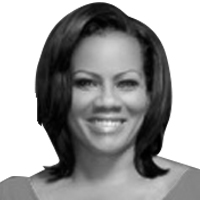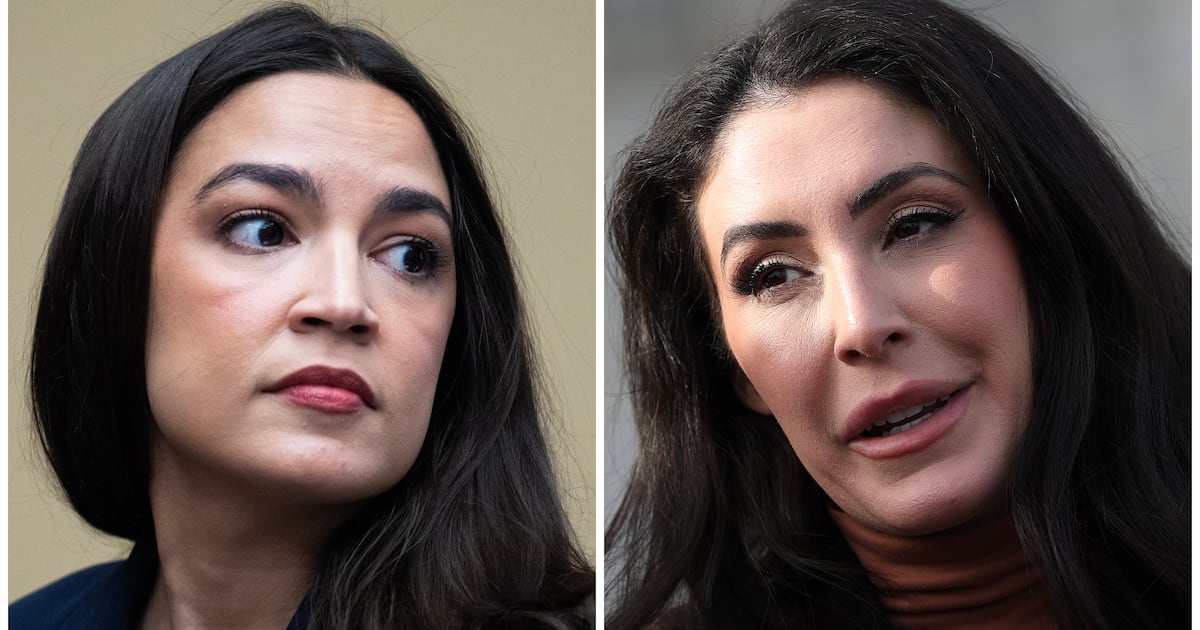You would not know it by listening to cable news pundits, and no politician will ever admit it. And unless you are a mind reader, you will find almost no evidence of it in your local coffee shop.
But here it is: The American center is dead.
More accurately, the independent voter we thought we knew has been gone for a very long time or—as I speculate—likely never existed. You cannot convince the electorate of that though. Americans, or at least a whopping 42 percent of us, are self-identified independents. According to Gallup, a mere 24 percent identify themselves as Republicans—an all-time low. Democrats faired marginally better in the study, ringing in at 31 percent.
In an age of partisan bickering and ideological warfare, independence has become the status du jour—a badge of honor that allows us to count ourselves above the fray, keepers of a moral high road who, if courted with enough zeal, have the power to swing elections. Opinion writers and television pundits will almost invariably tell you that Americans have begun eschewing party labels in such large numbers in favor of more moderate policy agendas. They say that politicos behaving badly have sent us running to a politically neutral Switzerland of sorts, a place where no one takes sides.
How then do we account for the midterm molly-whopping Republicans delivered last week? Aside from the anemic turnout, cringe-inducing turnout, it comes down to this:
We are a nation of liars.
And lest you be deceived, primary elections are no partisan monopoly. Split-ticket voting in general elections, the hallmark of so-called independents, is relatively rare. An analysis of “likely” voters conducted by Pew Research suggests that “about eight-in-ten voters (81 percent) will vote a straight party ticket,” even with competitive contests on the ballot and regardless of party identification.
For example, in 2012, only 13 percent of voters chose candidates for the House and Senate from different parties, says the authoritative American National Election Studies. Still, despite the fairytale, campaigns pour good money after bad to lure this vote. Critically, however, we have been aided and abetted in that lie by a mainstream media that consistently misunderstands and, thus, mislabels who independents really are and what motivates them.
Last Sunday, newly installed “Meet the Press” moderator Chuck Todd got my goat when he interviewed Wisconsin governor Scott Walker. Walker, you see, had just won a hotly contested bid for reelection by nearly six points. Todd wanted to know how Walker managed to win a traditionally blue state, the same state President Barack Obama won twice. Walker noted that Obama and he both won because they stood on their “principles”—no matter how diametrically opposed—and that Cheese Staters showed their appreciation with their votes. Todd, who is usually loaded for bear and rarely hangs his hat on spurious election data, wondered if the governor meant that “centrism doesn’t work in Wisconsin.”
The plain fact of the matter is centrism works nowhere in America. More than 75 percent of those who call themselves independent or centrist probably also claim they prefer straight journalism to the opinion-driven propaganda that populates newsstands, digital landscape, and airwaves. As Todd should well know, political polarization continues to drive media preferences and consumption and, in reality, just 10 percent of the American electorate can be called “pure independents.” Fully 88 percent of us either identify outright or lean to a party, 47 percent Democrat and 41 percent Republican.
And the folks at the Cook Political Report had it right last January when they discussed “the misconception that these voters are embracing an ‘independent’ status because they want their party to pursue a more moderate agenda, or to move to the middle instead of catering to the extreme.” The more salient evidence, Cook goes on to say, supports the exact opposite view: “They see the party as moving too far from its core values.”
It should be said that it isn’t a torrent of political scandals driving voters from the polls. It isn’t apathy, nor is it the very real notion that Washington isn’t getting anything done. We don’t want “anything” done. We want what we want done. And by “we,” I mean you and me—the supposed independents who tow the party line if and when we decide that going to vote is more relevant than, say, playing another round of mini-golf. We are not a lazy electorate and we’re not unconcerned. We simply don’t believe they’ll do what we want, so we don’t vote.
We have no one to blame for the gridlock but ourselves. We are responsible for the legions of extremists who populate our statehouses and our Congress. So, contrary to Obama’s famous line, we are not the ones we have been waiting for. America is in dire need of a better “us.” We are a pessimistic, cynical nation and we don’t mind lying about it.





